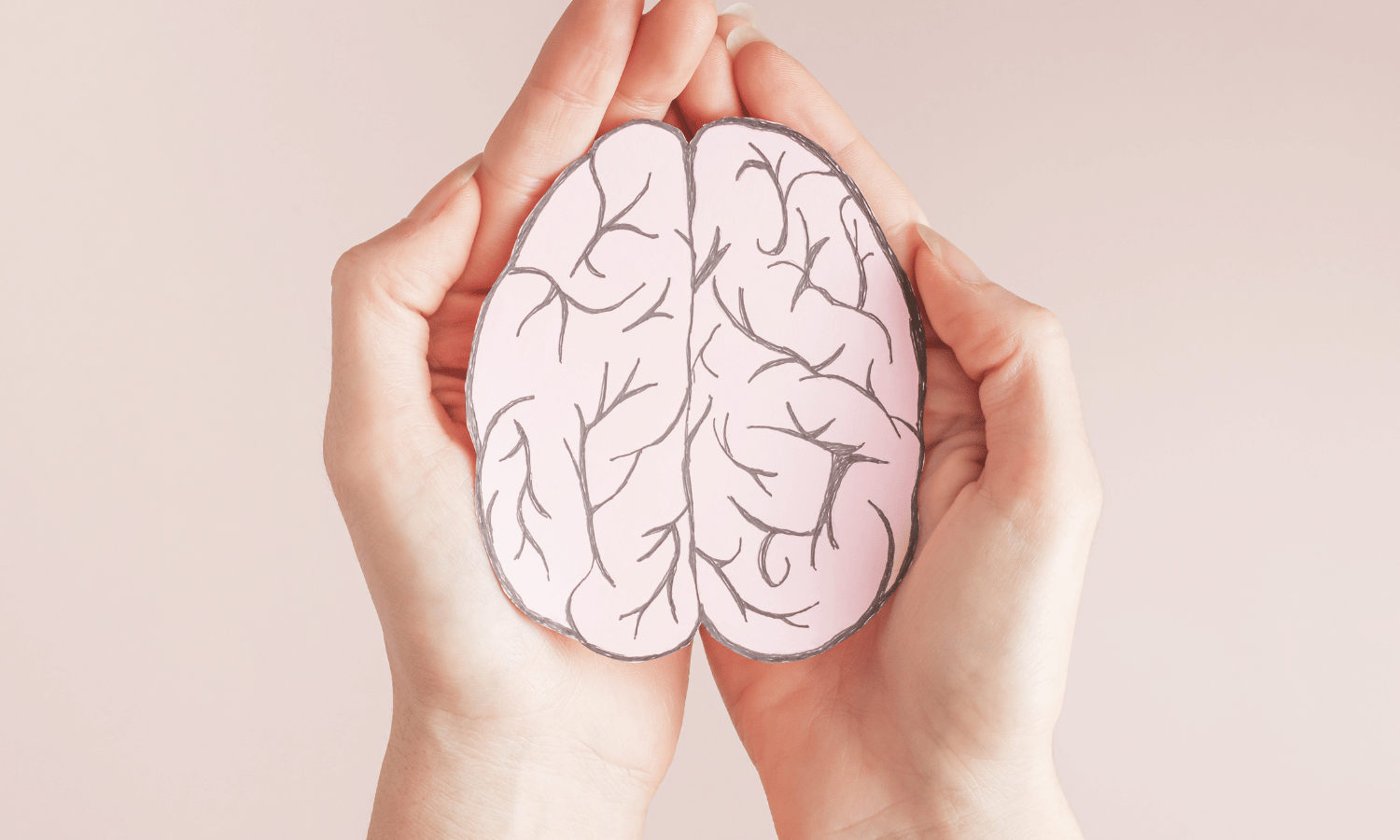Uterine Fibroids And Mental Health
Uterine fibroids, though benign tumors, can profoundly affect a woman’s life beyond just physical symptoms. These growths, often found in the uterus of women during their reproductive years, are not uncommon. In fact, they are the most frequent reason for major surgery in women. However, the physical discomfort they cause is only part of the story. The emotional and mental health impacts of living with fibroids can be just as significant, yet they often receive less attention.
In this post, we'll explore how uterine fibroids can influence mental health, discuss the psychological burden, and offer insights into managing both the physical and mental challenges they pose. Whether you are dealing with fibroids yourself or know someone who is, understanding these impacts can be a crucial step toward holistic health and well-being.
Understanding Uterine Fibroids and Their Symptoms
Uterine fibroids are typically non-cancerous tumors that appear in the uterus, primarily during childbearing years. While they vary in size—from as small as an apple seed to as large as a grapefruit—their presence can lead to a range of symptoms that disrupt daily life. Common symptoms include heavy menstrual bleeding, pelvic pain, frequent urination, and sometimes pain during intercourse. These physical symptoms are not just discomforting; they often lead to emotional distress, affecting a woman's self-esteem and mental health.
The unpredictable nature of fibroid symptoms can cause significant anxiety. Women may worry about when and where they might experience severe pain or heavy bleeding, complicating everything from work commitments to social plans. This constant concern can lead to heightened stress levels, which may exacerbate fibroid symptoms, creating a distressing cycle.
The Psychological Impact of Uterine Fibroids
Living with uterine fibroids can take a toll on one’s mental health. The chronic pain associated with fibroids often leads to depression and anxiety. Many women report feelings of isolation or being misunderstood by those who haven’t experienced similar health issues. Additionally, concerns about fertility and family planning can add another layer of stress, particularly for those who face challenges in conceiving due to fibroids.
The psychological impact is compounded by the lack of control one might feel over their body and the uncertainty about the future. Fibroids can affect not only a woman's physical health but also her mental state, influencing her quality of life profoundly. Addressing these mental health challenges is just as important as treating the physical symptoms.
Coping Mechanisms and Support Systems for Fibroid Patients
Managing the mental health effects of fibroids is crucial. Developing strong coping mechanisms and having a robust support system can make a significant difference. Techniques such as mindfulness meditation, yoga, and regular exercise can help manage stress and reduce the overall impact of symptoms on mental health. Additionally, joining support groups where experiences and coping strategies are shared can be incredibly beneficial.
It's essential for women to speak openly with their healthcare providers about the mental strains they experience. Healthcare professionals can offer or recommend access to counseling and therapy, which can be instrumental in dealing with emotional stress and anxiety. Being proactive about mental health can improve overall outcomes and empower women to take control of their health journey.
Treatment Options and Their Impact on Mental Health
Various treatment options for uterine fibroids can also influence mental health positively by alleviating the physical symptoms that contribute to psychological stress. From medications that manage symptoms to surgical options that aim to remove fibroids, each treatment offers hope for relief. Holistic approaches, including diet changes and acupuncture, may also support overall well-being and help manage symptoms.
It's important to discuss all available options with healthcare specialists who understand the intricacies of fibroids and their treatment. Effective management of fibroids requires a personalized approach, taking into account both physical and mental health needs.
Ready to Take the Next Step?
Understanding the intersection of uterine fibroids and mental health is vital for those affected. While the journey with fibroids can be challenging, it's important to remember that help is available. At Indiana Vascular, our specialists are dedicated to providing comprehensive care that addresses both the physical and emotional aspects of living with fibroids. If you're struggling with symptoms or just need someone to talk to, don't hesitate to schedule an appointment with our caring experts today. Let us help you regain control over your health and improve your quality of life.

